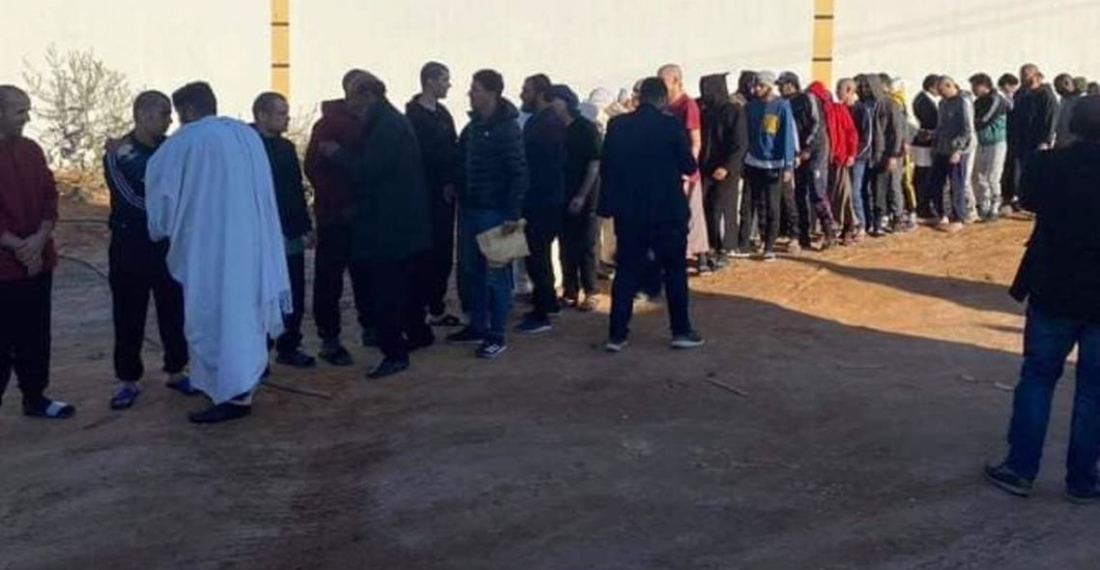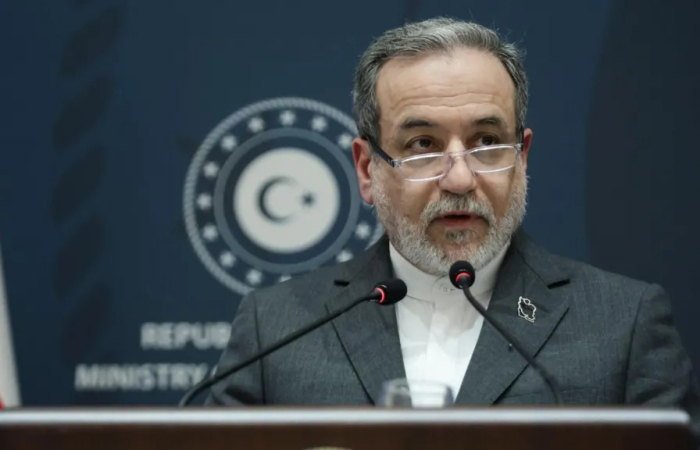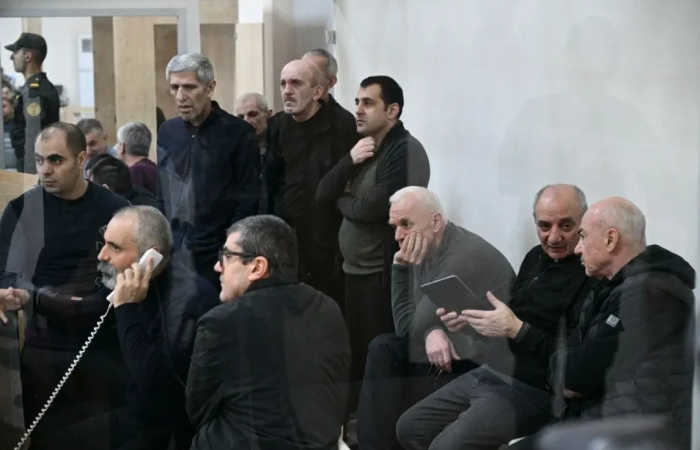On Wednesday, the two sides to the Libyan conflict, for the second time, continued the process of releasing and exchanging prisoners who were arrested during the military operations between the Libyan Army based in the east of the country and the Tripoli based Government of National Accord (GNA).
The exchange of detainees and prisoners took place between the Libyan army and the Burkan al-Fath forces of the Government of National Accord, in the Shweref region in southwestern Libya, under the supervision of the 5 + 5 Joint Military Committee. 26 prisoners were released by the Army and 41 by the GNA
The release of prisoners began about two weeks ago, and it is one of the few agreed actions that have been implemented between the two parties to the crisis in Libya since the political agreement signed in 2015. It is also an implementation of one of the outcomes of the 5 + 5 Military Committee meetings held by the UNSMIL in the past few months to address humanitarian issues resulting from the conflict between the two sides in recent years.
The issue of prisoners has always been one of the most important contentious issues that have reinforced the division and hatred between several groups in Libya. Neither side knows precise figures of prisoners kept by the other side, due to the absence of any documentation process.







